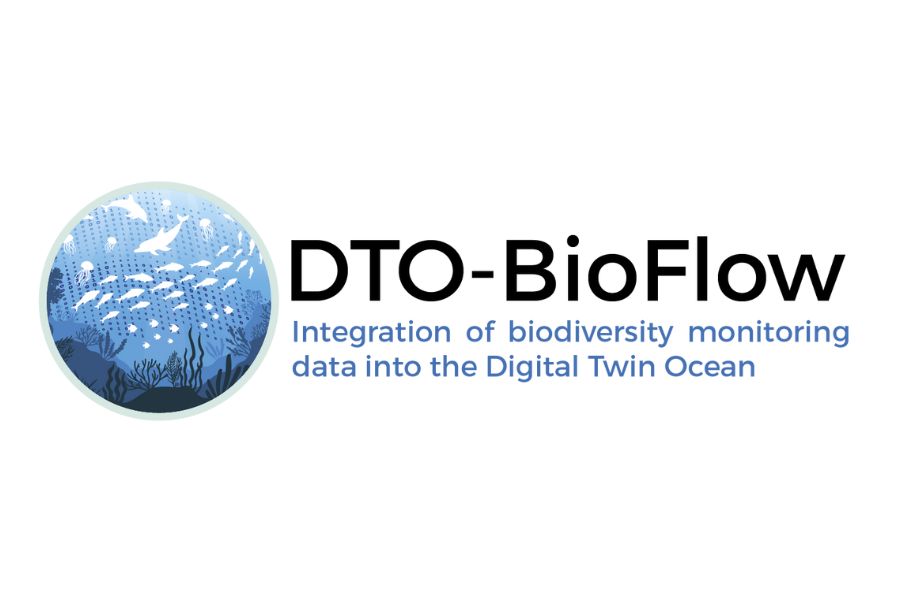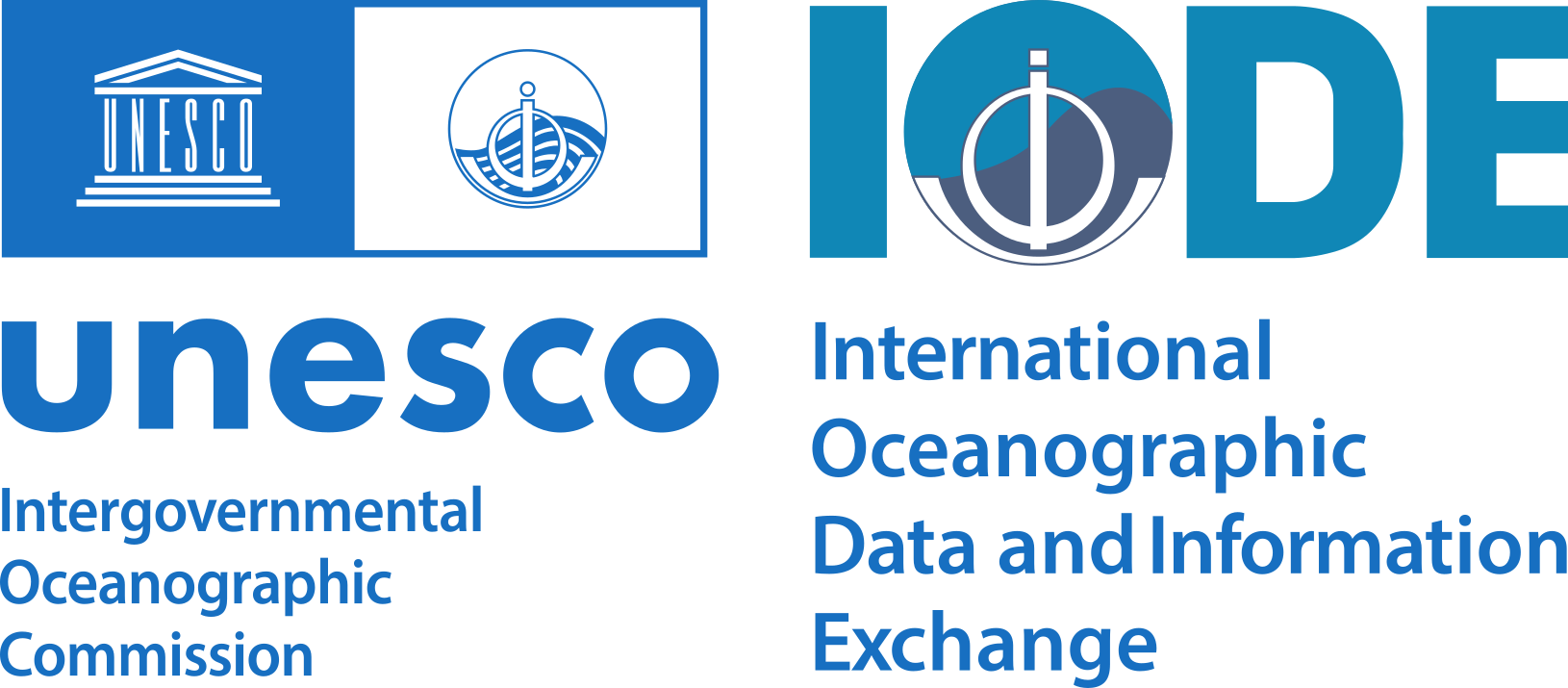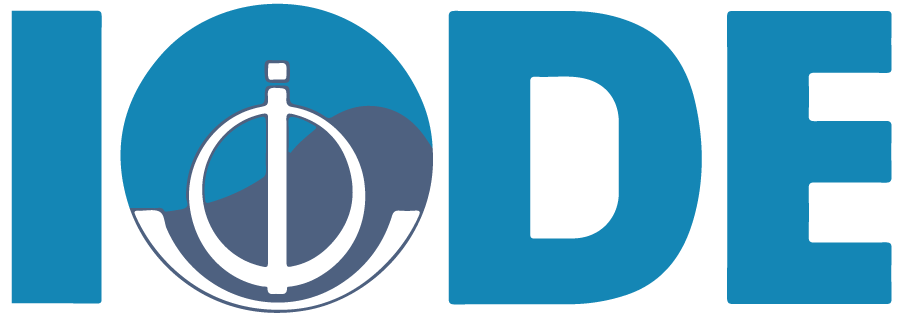A Project is an action limited in time and is fully funded from extra-budgetary sources. These actions are associated either directly with a Programme Component or with a Programme Activity.
IODE AS LEAD
PacMAN is a 3-year (2020-2023) project funded by the Flanders Government, through the Flanders UNESCO Trust Fund (FUST) for the support of UNESCO’s activities in the field of Science, and co-funded by the Richard Lounsbery Foundation. PacMAN will increase the technical and scientific capacity in marine invasive species early warning and early detection using international standards and best practices and applying novel technologies (DNA metabarcoding), and will provide information to implement national and international policies with the aim to reduce and prevent the introduction of new invasive species into the marine environment.
Environmental DNA Expeditions is a global, citizen science initiative that will help measure marine biodiversity, and the impacts climate change might have on the distribution patterns of marine life, across UNESCO World Heritage marine sites.
IODE as partner or contractor
Marine Protected Areas Europe (MPA Europe) is a project which aims to identify the locations within the European seas where MPAs would protect the highest number of species, habitats and ecosystems. This information is crucial to establish a functional MPA network and will help managers to propose further areas for conservation in the future. Innovative and bold, MPA Europe will also go one step further by considering the potential blue carbon benefits of the prioritization.
The OBIS secretariat will contribute with three pieces of information which will be supplied to the area prioritization process:
- species distribution models (SDMs) of at least half of the European marine species based primarily on OBIS data;
- diversity metrics for European seas; and
- habitat maps considering habitat forming species.

The Horizon Europe project “Integration of biodiversity monitoring data into the Digital Twin Ocean” (DTO-BioFlow) will unlock “sleeping” biodiversity data enabling the sustained flow of these and new data via primary integrators and EMODnet into the EU Digital Twin Ocean. It will create a digital replica of marine biological processes transforming new and existing data flows into evidence-based knowledge. DTO-BioFlow will transform access to data on ocean biodiversity and the human activities that impact them, by enabling the sustainable integration of biodiversity monitoring data flows into the EU DTO, enriching digital tools and services thus unlocking the societal value of these data.
Coastal and marine areas are incredibly dynamic and productive oceanic regions, providing significant resources and services for both wildlife and people. They are also subject to intense pressures from agricultural and industry pollution in waterways, dredging and building development. Many national and regional programmes assess environmental health and human impact on our coasts, but these programmes are often fragmented, short term and uncoordinated at larger scales. MARCO-BOLO will address this problem by connecting existing initiatives, optimising and improving methods, and further innovating technologies for biodiversity observations. The project aims to deliver a transformative change in how marine biodiversity is monitored and managed. The research team will engage with diverse stakeholders to tailor their research and observation data for direct use, delivering practical tools that will allow politicians and companies to determine biodiversity health, predict and monitor changes from imposed policies, and proactively manage environments.
A plan for a European eDNA digital ecosystem for the next generation of aquatic biodiversity monitoring.
One of the main hurdles in advancing the use of eDNA metabarcoding for aquatic biodiversity monitoring and integration into policy is the lack of accessible and standardised reference sequences which are essential for the taxonomic annotation of species from environmental DNA samples. The eDNAqua-Plan project will develop a blueprint for a federalised reference library and data repository, building towards a digital ecosystem for environmental genomics. This ecosystem aims to provide a sustainable and reliable infrastructure to underpin the broad use of environmental DNA for biodiversity monitoring. The objective of eDNAqua-Plan is to review the current state of publishing practices focusing on reference libraries, eDNA dataset repositories and their relevant metadata standards. Based on this assessment, the project will identify gaps to ultimately provide recommendations and a blueprint of how reference database and the publishing of eDNA datasets can be improved to be reliable (e.g. verifiable taxonomies and reporting on data collection practices), openly accessible, and interoperable (e.g. across markers, taxonomic groups and data types). The result will be a plan for an interlinked digital ecosystem, that can be easily adopted by new practitioners, and that will make eDNA biodiversity monitoring more transparent and reproducible across Europe.







